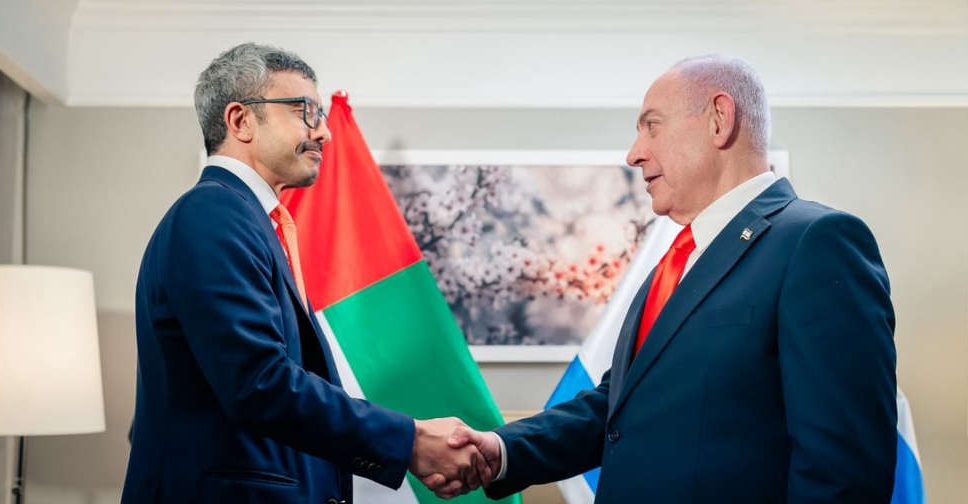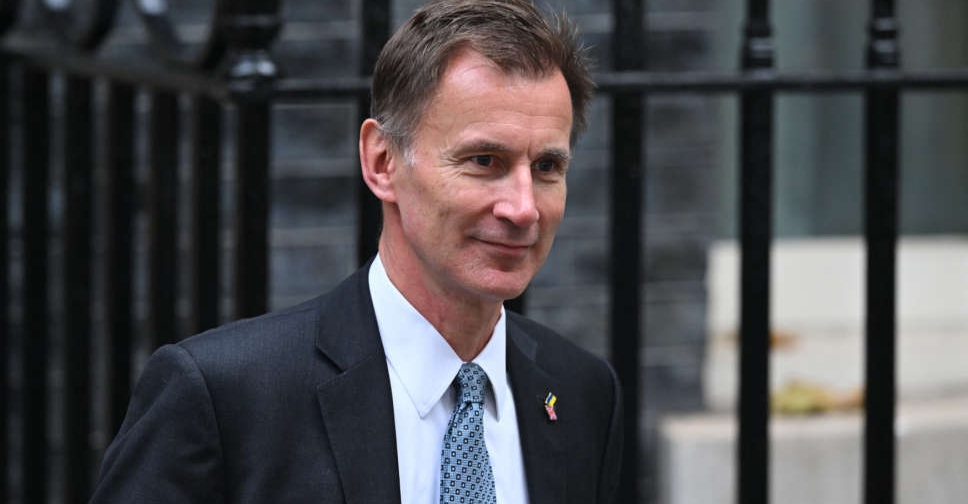
British finance minister Jeremy Hunt said he would use this week's budget plan to remove barriers, including high childcare costs, that are stopping people from working and causing a major problem for employers after the COVID-19 pandemic and Brexit.
Hunt - who reiterated he would not rush to cut taxes to speed up the slow economy - pledged action on the labour market problems that also include high numbers of people retiring early or unable to work due to long-term sickness or disabilities.
"I will be systematically going through all the areas where there are barriers that stop people from working who want to, so that we can help people get back to work and fill those vacancies for our businesses," he told Sky News on Sunday.
Britain is the only Group of Seven nation where the economy has not yet returned to its pre-coronavirus pandemic size, with staff shortages weighing heavily on many firms.
The Treasury said late on Saturday that Hunt would offer financial incentives for parents with young children, disabled people and others to rejoin the workforce in his tax and spending budget plan on Wednesday.
There are more than 1 million job vacancies in Britain, while one in five working-age people is either out of a job or not seeking one. The government said it hopes the announcements this week will get hundreds of thousands of people into work.
The new measures will include the government paying childcare costs up front for low-income parents rather than in arrears, and increasing such payments, the Treasury said.
"That is a big deal and very welcome – removing a cash flow barrier to some entering work," said Torsten Bell, chief executive of the Resolution Foundation - a think-tank which focuses on issues faced by low-income households.
Hunt also plans to allow disabled people and those with long-term health conditions to work without removing their supplementary financial support, the Treasury said.
More training places will be made available for the over-50s to learn skills in areas such as construction and technology.
In households with two adults on income support, both will now be obliged to look for work rather than just one of them, the Treasury said.
Hunt rejected suggestions that the government should significantly loosen its post-Brexit immigration rules to ease the labour market squeeze, saying it wanted controlled legal migration over "filling every vacancy in our businesses with uncontrolled migration."
He is under pressure from many lawmakers in his Conservative Party to reverse a sharp rise in corporation tax which is due in April, helping to put Britain on course for its highest tax burden in 70 years.
He told broadcasters on Sunday that he wanted to cut taxes over the long term but once again signalled he would not be making any big moves on Wednesday.
"A Conservative government will always cut taxes when we can, but we won't run out of money. We will be responsible with the public finances," he told Sky News.
Hunt - who was rushed into the British Treasury in October to stop a bond market slump caused by the unfunded tax cut plans of former Prime Minister Liz Truss - said he would also seek to incentivise investment by businesses.
"What you will also see on Wednesday is that we have a plan to tackle the biggest problems we face as a country whether it's a lack of investment, whether it's businesses not able to recruit," Hunt told Sky News.


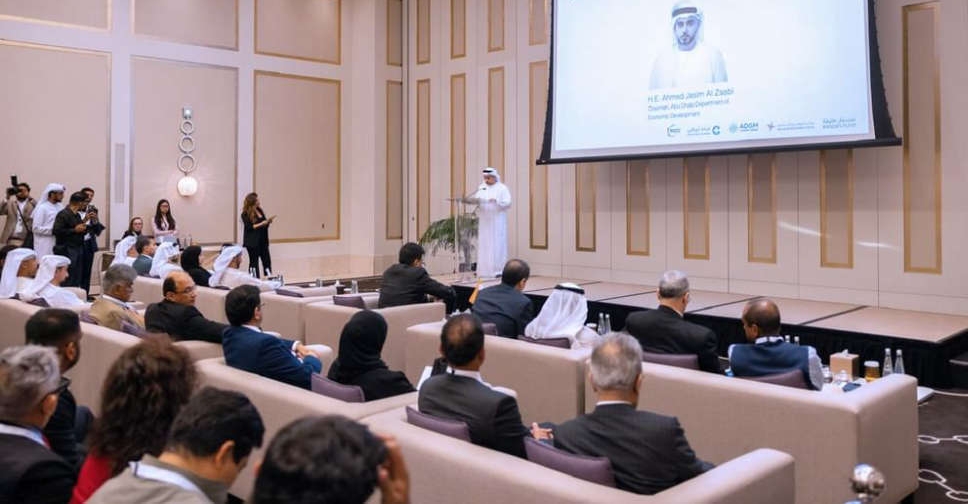 Abu Dhabi-India Business Forum to deepen trade, investment ties
Abu Dhabi-India Business Forum to deepen trade, investment ties
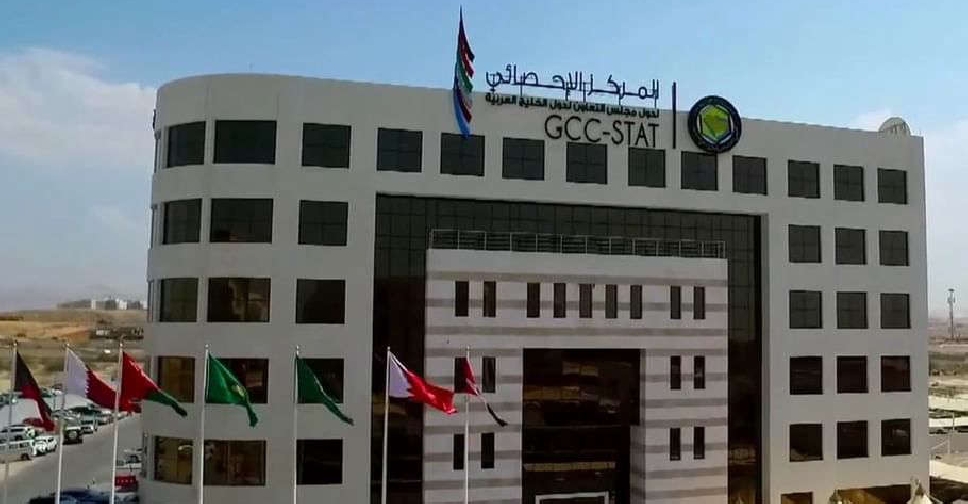 GCC tourism and travel hits $247.1 billion in 2024
GCC tourism and travel hits $247.1 billion in 2024
 39,546 tourism, hospitality, aviation licences issued up to mid-September: UAE Minister
39,546 tourism, hospitality, aviation licences issued up to mid-September: UAE Minister
 Abu Dhabi, Malaysia cooperate on developing next-gen autonomous platforms
Abu Dhabi, Malaysia cooperate on developing next-gen autonomous platforms
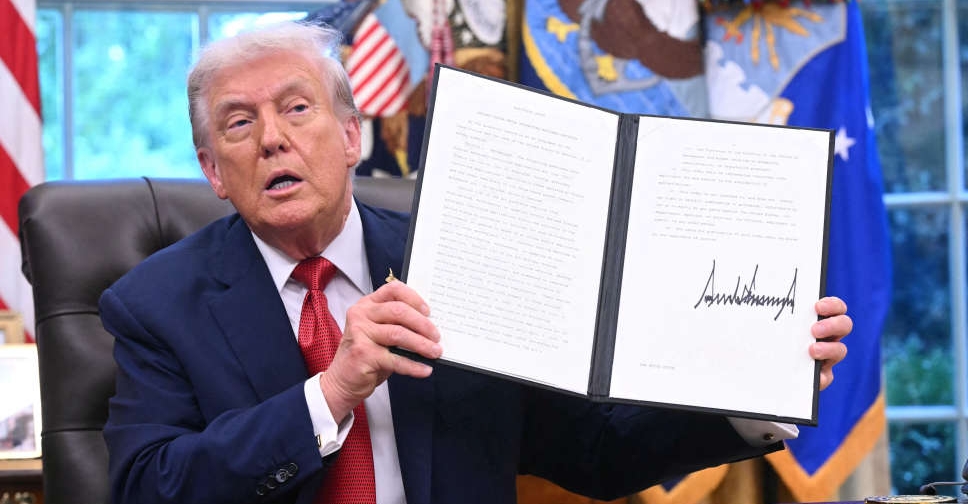 Trump signs order declaring TikTok sale ready and values it at $14 billion
Trump signs order declaring TikTok sale ready and values it at $14 billion

